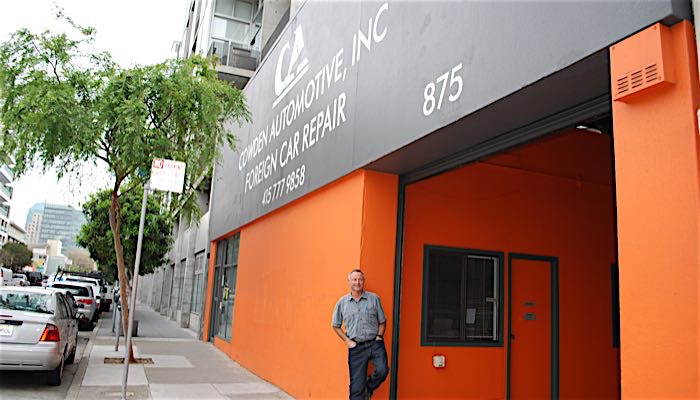The True Cost Of Comebacks
Comebacks are a hot topic today. You need to track all comebacks, determine the reason (tech error, part error, training issue, other) and then calculate the true cost of the comeback.
By Joe Marconi of Elite
Comebacks are a hot topic today. You need to track
all comebacks, determine the reason (tech error, part error, training issue,
other) and then calculate the true cost of the comeback.
Here are a few things to consider:
• The loss of time when performing the comeback; time that the tech can use to
perform other work and generate profit;
• The misc costs, such as overhead costs, supplies, cleaners, etc.;
• Towing costs, rental, etc.;
• Cost to morale;
• Reputation damage; and
• Reduction to your profit margin.
For every part issue, you need to
inform your supplier. Sit down with suppliers on a regular basis. Don’t return defective
parts until you have listed the parts, and maintain a report. Document
everything.
Part issues are increasing. Every shop
owner I speak to is frustrated over this.
Remember, comebacks kill your bottom
line. The more comebacks you have, the more they’re killing your profits.
This article was contributed by Joe Marconi.
Joe is one of the 1-on-1 business coaches who helps shop owners through
the Elite Coaching Program, and is the
co-founder of autoshopowner.com.
Want To Increase A/C Sales?
Have your techs, as part of their preliminary checks, turn on the A/C and see if the system is working. Is the compressor turning on? Are all the fan speeds working? Is the system getting cold? Is there a smell from the vents?
Call For Entries For The ATMC National Excellence In Training Awards
The Automotive Training Managers Council (ATMC) has issued a call for entries for the 2014 National Excellence in Training Awards. The annual program is designed to highlight the importance of training to the success of the transportation industry by honoring highly effective or innovative training programs. The awards are open to any person or entity providing training in the industry.
CARS 2014: ‘Not Your Father’s Oldsmobile’
From ASA comes word that CARS this year “is not your father’s Oldsmobile.” This year’s CARS will be held July 30-Aug. 2 in Detroit and, for the first time, the focus will be on younger techs. Each program at CARS this year has been handpicked with an eye toward making your shop better, said Donny Seyfer, chairman-elect of the Automotive Service Association, which sponsors CARS.
GAAS Attendees Get ‘Connected’ In Chicago
Attendees of the Global Automotive Aftermarket Symposium’s (GAAS) 2014 Connected conference were engaged in a range of high-level topics affecting the automotive aftermarket now and in the future.
Other Posts
Raybestos Rattlesnake Sweepstakes Winner Receives His Ride
Not even heavy rain and winds could dampen the festive mood at Automotive Electric Distributors (AED) in Vancouver, Wash., on Friday, May 9, the day that David Cramer received the keys to his custom 2014 Raybestos Rattlesnake Toyota Tundra.
NACE/CARS 2014 Meets Shop Owners’ Education, Training Needs
NACE/CARS 2014 has announced the full training and education conference program that organizers say will have shop owners, technicians and industry stakeholders covered from A to Z when it comes to training, education and unbeatable new sessions. In addition to this year’s event being the largest conference offering in NACE/CARS history, show organizers also have many of the industry’s leading experts speaking at this year’s event.
June 9-15 Is Automotive Service Professionals Week
The National Institute for Automotive Service Excellence (ASE) has declared June 9-15 as National Automotive Service Professionals Week. Building on the success of Automotive Service Professionals Day established in 2001, ASE launched National Automotive Service Professional’s Week in 2005 to honor the commitment and dedication of automotive, truck and collision technicians, along with parts specialists and other support professionals who serve the motoring public.
Background Check Requirements And Best Practices Guidelines
Recently, the Equal Employment Opportunity Commission (EEOC) and the U.S. Federal Trade Commission (FTC) joined forces to publish guideline documents to continue to educate employers regarding background checks and the applicable laws and regulations surrounding them. The information provided isn’t anything new, but it serves as a good reminder for employers that currently are conducting background checks for employment purposes or those employers who may plan to start doing so.

